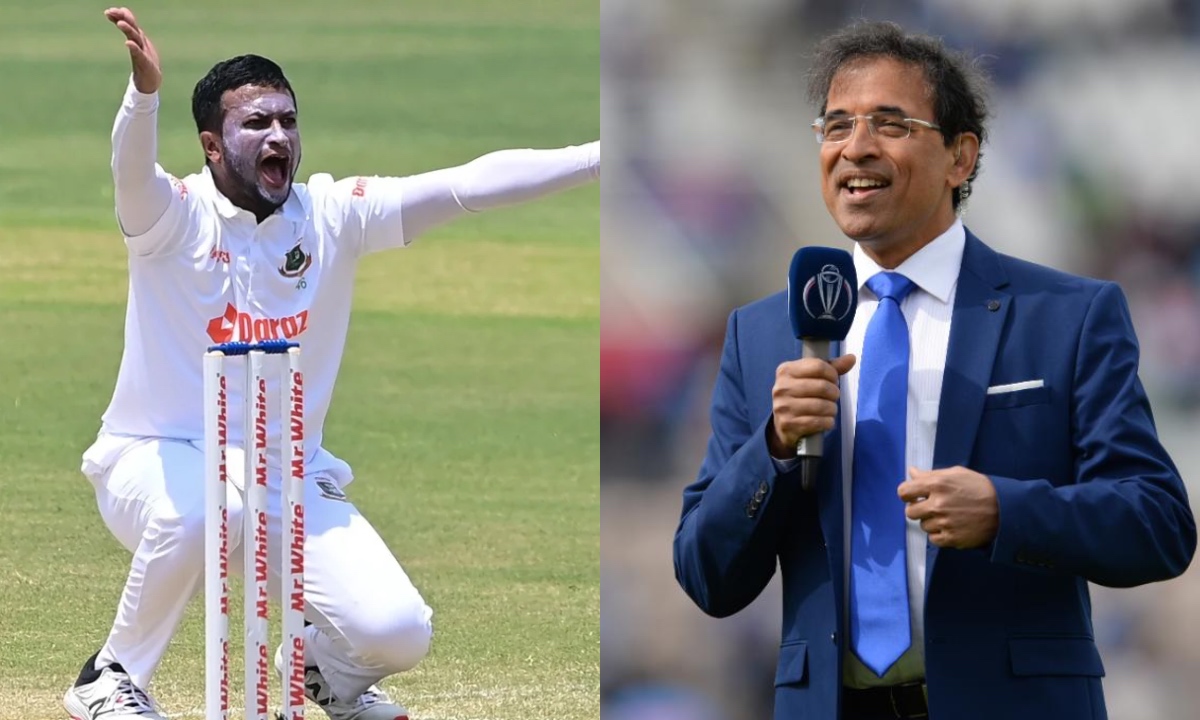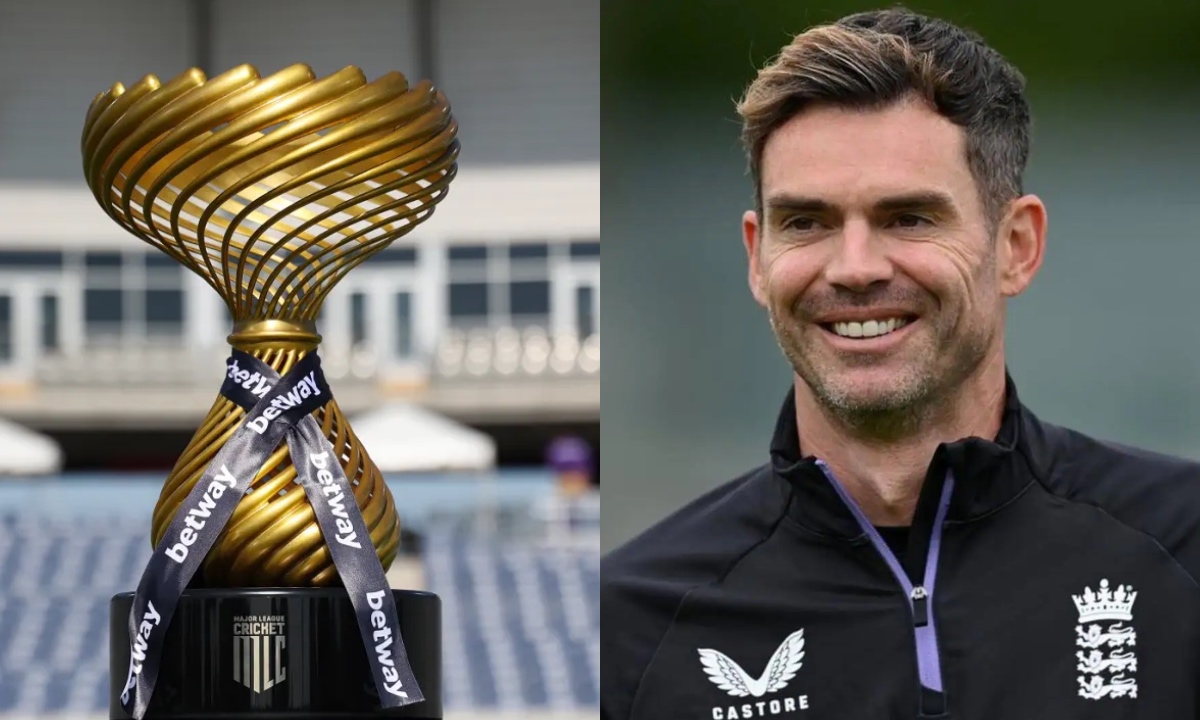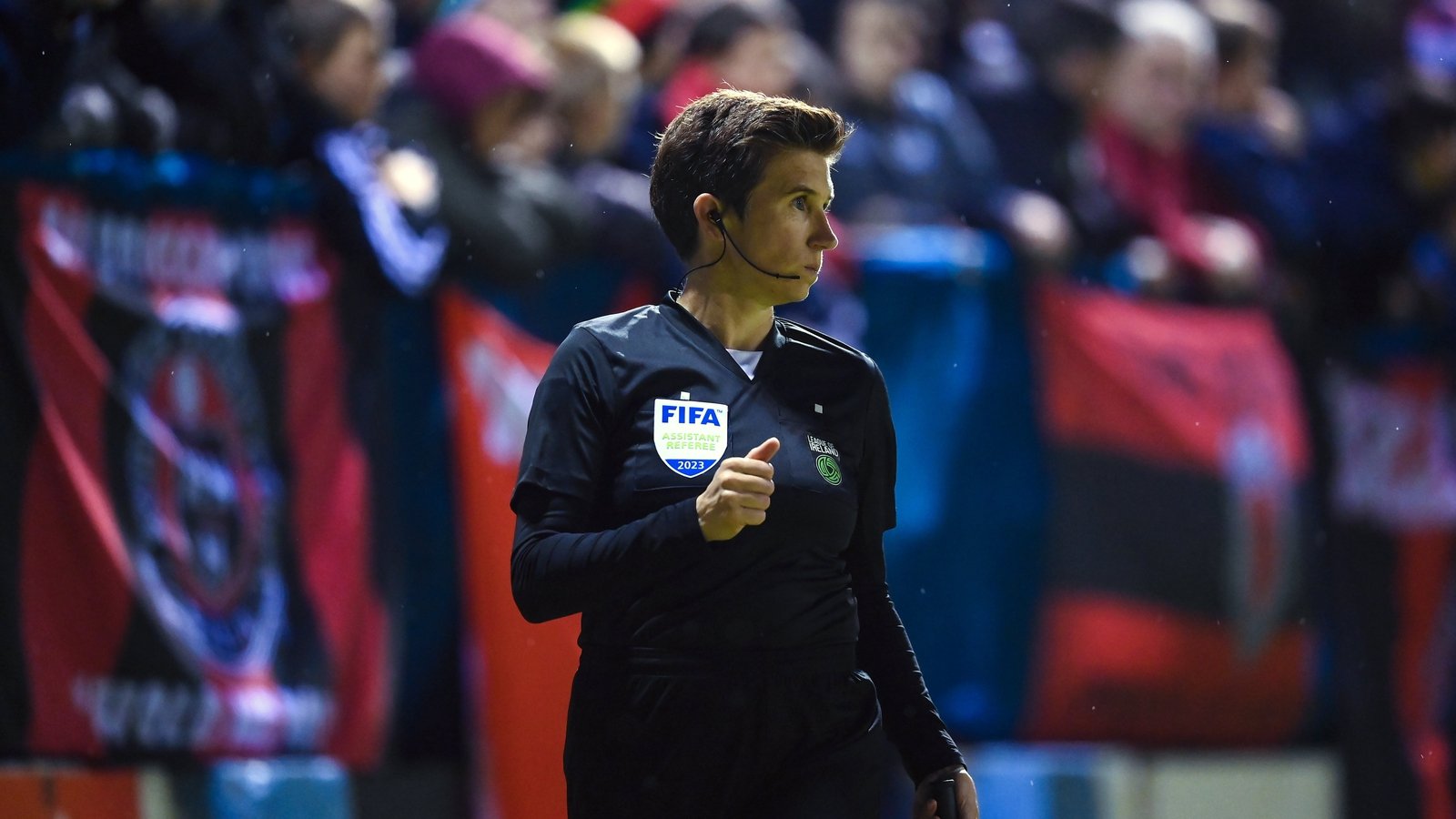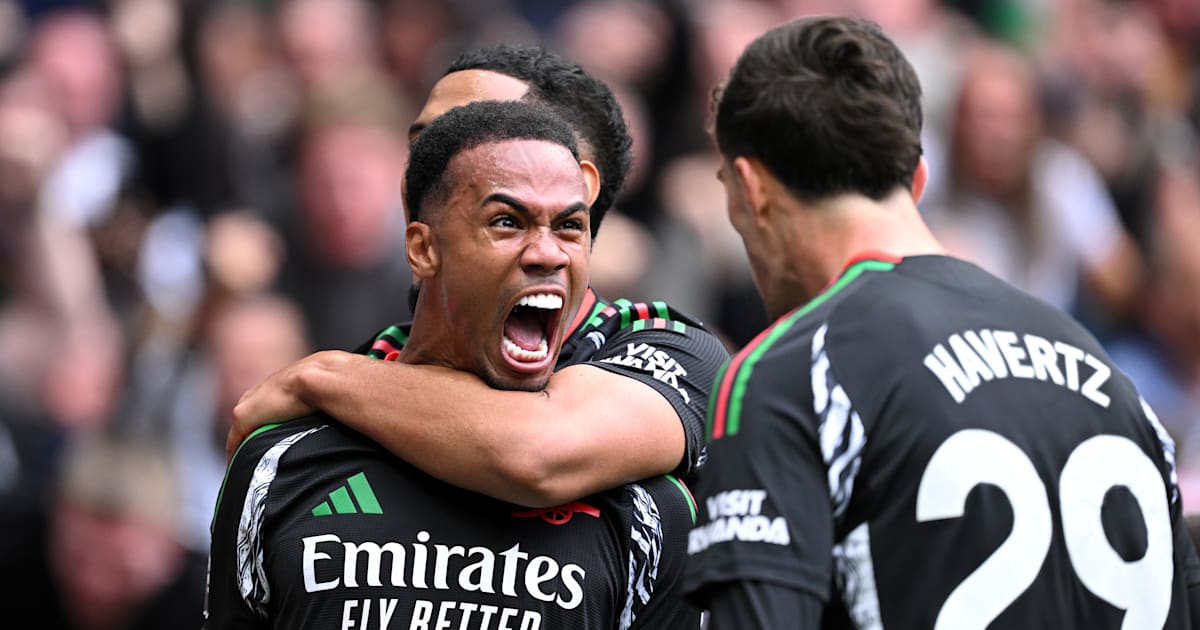3 Challenges Rahul Dravid Might Face As Rajasthan Royals' Coach

Rahul Dravid’s appointment as the head coach of Rajasthan Royals marks a significant chapter in his coaching career, transitioning from the helm of the Indian cricket team to the dynamic, high-stakes environment of the IPL. As he steps into this role, Rahul Dravid is not just inheriting a team but also a set of unique challenges that could test his strategic acumen and adaptability in the T20 format. Here are three pivotal challenges Dravid might encounter as he aims to steer Rajasthan Royals towards success in the IPL.Here’s a look at three significant hurdles Rahul Dravid might face in his quest to steer the Rajasthan Royals to glory:1. Integrating New Talent with Established PlayersRajasthan Royals have a history of blending young, raw talent with seasoned campaigners. For Rahul Dravid, the challenge lies in harmonizing these elements into a cohesive unit. Young players often come with immense potential but require nurturing, patience, and strategic game-time management. Dravid’s task will be to ensure these newcomers are not overwhelmed by the IPL’s high-pressure environment while also keeping the veterans motivated and involved. His experience with India’s U-19 teams could be invaluable here, but the IPL’s fast-paced, high-stakes nature adds a different layer of complexity. Balancing the team dynamics where egos, expectations, and performance intersect will be crucial. Dravid’s approach will need to be both firm and empathetic, ensuring everyone feels integral to the team’s success.2. Adapting to T20 Cricket’s Evolving StrategiesT20 cricket, especially in the IPL, is a dynamic beast. Strategies evolve rapidly, with innovations in batting, bowling, and fielding tactics emerging every season. Dravid, predominantly known for his traditional cricketing wisdom, steps into a format where thinking outside the box can often be the difference between winning and losing. His challenge will be to adapt his coaching philosophy to embrace the aggressive, risk-taking nature of T20 cricket. This includes fostering an environment where players are encouraged to innovate, whether it’s through power-hitting, unconventional bowling strategies, or agile fielding tactics. Dravid’s success will partly depend on how quickly he can integrate modern T20 strategies while maintaining the core cricketing values he holds dear.3. Managing Expectations and ResultsThe IPL isn’t just about cricket; it’s about spectacle, results, and fan expectations. Rajasthan Royals, despite their initial success, have had a rollercoaster ride in recent years. Dravid’s appointment brings with it high hopes for a turnaround. The pressure to deliver immediate results can be stifling, especially for a coach known for his methodical approach rather than instant transformations. Dravid’s challenge will be to manage these expectations, ensuring that the team’s progression is steady but not at the cost of long-term development. His tenure with the Indian team showed his capability to build teams for the future, but the IPL’s format demands quick wins. Balancing this immediate need for success with a vision for sustained excellence will test Dravid’s leadership.Rahul Dravid’s journey with Rajasthan Royals promises to be as much about learning and adapting as it is about coaching. His challenges are not just about winning matches but about reshaping a team’s culture, strategy, and spirit in one of the most competitive leagues in the world. How Dravid navigates these challenges will not only define his stint with the Royals but could also set new benchmarks for coaching in T20 cricket. His approach, combining cricketing wisdom with the need for innovation, will be closely watched, offering insights into what it takes to succeed in modern cricket’s most glamorous arena.













